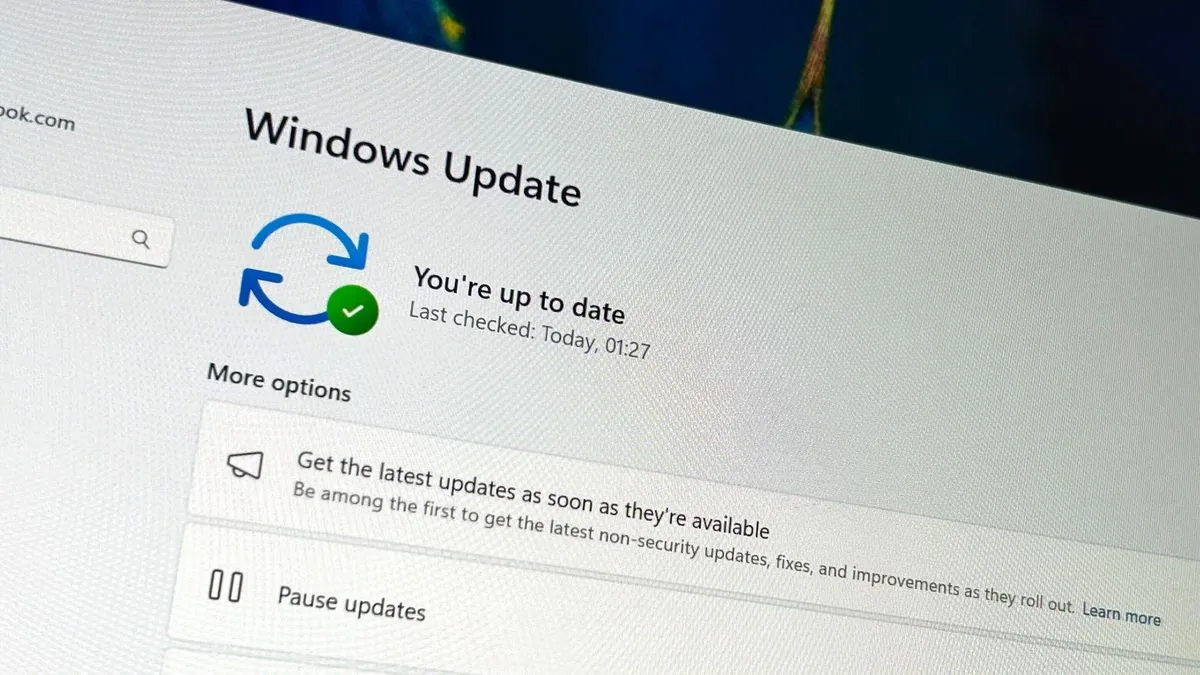
Microsoft has officially announced that it will commence testing new behind-the-scenes platform changes for Windows 11 with Insiders in the Dev Channel. This testing will take place through a new series of builds within the 26200 range. The primary goal of these changes appears to be laying the groundwork for the upcoming version 25H2, which is anticipated to be released later this year.
According to insider sources, Qualcomm's forthcoming Snapdragon X2 SoC necessitates certain platform changes that were initially accessible only in the Windows Canary Channel. Microsoft is taking steps to backport these essential platform changes to the Dev Channel, thereby enabling devices powered by the X2 chipset to operate seamlessly with the Germanium-based versions of Windows 11. Germanium is the foundational platform release upon which Windows 11 version 24H2 is constructed.
While Microsoft has yet to confirm whether version 25H2 will also be built on the same platform release, the backporting of these changes from the Active Development Branch to Germanium strongly suggests it is a possibility. Additionally, it is expected that other platform enhancements and improvements will be backported to Germanium, which will ultimately benefit all users of Windows 11.
Platform improvements typically yield significant benefits, including enhanced performance, increased security, and various quality-of-life updates, along with critical bug fixes. By ensuring that both version 24H2 and 25H2 share the same platform release, Microsoft can efficiently manage servicing for both versions simultaneously. This streamlined approach allows for quicker and more manageable updates, minimizing the risk for end users during transitions.
Microsoft has been actively working to decrease fragmentation among different Windows platform releases. Currently, the company supports three distinct platform releases: Vibranium, Nickel, and Germanium. Vibranium is the foundation for Windows 10, while Nickel supports Windows 11 version 23H2. With the support for Windows 10 ending in October, Microsoft may leverage this opportunity to transition as many users as possible onto a unified platform release.
It appears that Germanium will be the preferred platform release, assuming that Microsoft does not introduce Selenium for client versions. Although version 25H2 has not been formally announced, it is confirmed to be on the horizon for the second half of the year. Notably, support for both Windows 11 version 23H2 and Windows 10 version 22H2 will conclude later this year, making this an opportune moment for Microsoft to facilitate widespread adoption of a single, cohesive platform release.